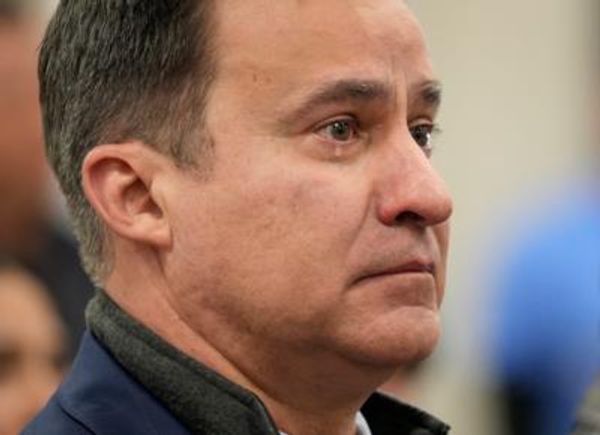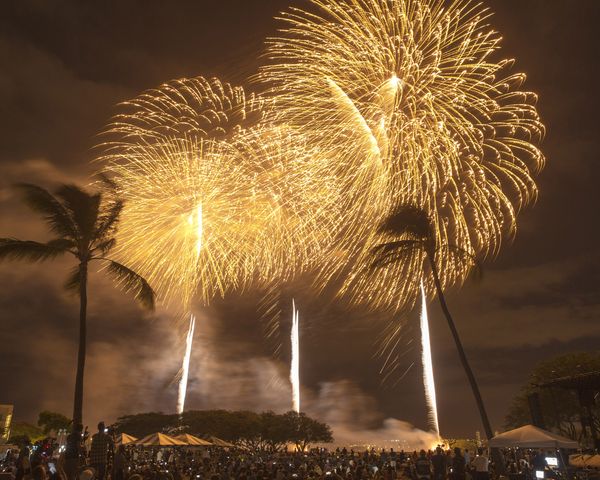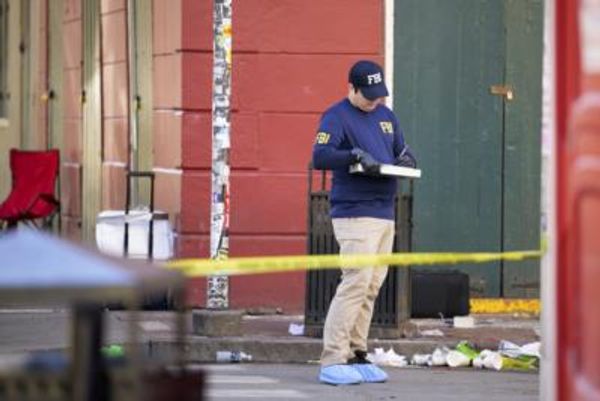
1. ACE WORKSPACES
London is home to some of the world’s most environmentally conscious co-working spaces where entrepreneurs are busy creating sustainable solutions to the world’s biggest ecological problems. There’s The Fisheries in Hackney, built around a Victorian seafood warehouse, which is solar powered with a grey water re-use system and a focus on sustainable events. Second Home’s locations across the capital use 100 per cent green energy and sustainable materials. And at Green Lab in Bermondsey, the office space comes with an ‘eco laboratory’ and bookable ‘messy spaces’ for experimenting in projects such as insect farming. Don’t leave your lunch in there.
2. AUDIENCE PARTICIPATION
Dalston’s Arcola is committed to becoming the world’s first carbon-neutral theatre. The building has reduced its carbon footprint by more than 25 per cent since 2012 with initiatives including using LED lights, installing 24sq m of solar panels and a heating system fuelled by waste and scrap wood. The bar keeps it local, too — 90 per cent of the beer it serves is brewed within four miles of the theatre. Meanwhile, Electric Pedals puts on outdoor cinema screenings at locations including the South Bank, all powered by audience members on bikes. Work up a sweat while watching a movie and saving the planet? What’s not to love?
3. THE GREENEST PARTY
If you’re looking to throw a carbon-neutral event, 15Hatfields claims to be the UK’s most sustainable venue. It’s built and decorated using materials such as goats’ hair and compostable natural rubber carpet, cushions are made from end-of-the-line seatbelts and the walls are constructed with paving-stone offcuts. Plus the building, near the South Bank, runs entirely on renewable energy, has eliminated single-use plastic and supplies seasonal, ethically sourced food from a caterer based less than a mile away. Even the reception desk is made from recycled fabricconditioner bottles. That’s the kind of green-washing we can get on board with.
4. WATER, WATER EVERYWHERE
According to the Greater London Authority, the average Londoner buys more than three plastic water bottles every week: a massive 175 bottles every year per person. On a mission to change that is Mayor Sadiq Khan, who has been busy installing free drinking fountains across the capital. More than 730,000 litres of water have been dispensed at London’s water points since they were installed last summer, equivalent to more than 1.4 million single-use plastic bottles. Congratulations to the thirsty folk living and working around Camden High Street’s fountain, which dishes out an impressive 227 litres a day, the most anywhere in the city.
5. WASTE NOT, WANT NOT
It may not be the sexiest subject, but tackling food waste has a massive impact on the planet. Enter Rubies in the Rubble, the Lambeth-based company that makes gourmet condiments using the 20-40 per cent of British fruit and vegetables that get rejected before they reach the shops. London is also the home of some groundbreaking start-ups. Mimica designs packaging with a button that gets raised when food actually goes off and Notpla makes packaging that can be eaten. Its edible Ooho sachets of water were dished out at the London Marathon and it’s currently working with Just Eat to bring Ooho condiment sachets to the takeaway market. The rest of the world better ketchup.
6. ECO OFFICE BLOCKS
Companies across the capital are refurbishing their office space to be more environmentally friendly, but top of the blocks is Bloomberg’s Cannon Street HQ, widely tipped as the most eco-forward office in the world. The 10-storey building has a grey water collection system on the roof, vacuum-drainage toilets (similar to those on planes) and a smart ceiling with 4,000 aluminium panels that control the building’s heating, cooling, lighting and acoustic functions, reducing energy usage by more than 40 per cent. Shout out also to One Embankment Place, which uses recycled vegetable oil to power the building, and 20 Fenchurch (aka the Walkie Talkie), where its rooftop sky garden boasts solar panels, bee hives and the UK’s largest green wall inside. Work smarter, not harder, guys.
7. BIODYNAMIC BARS
The capital’s bars are going well beyond biodynamic wines when it comes to eco-friendly tipples. At Notting Hill’s Viajante 87, cocktails are made using offcuts and waste, such as The Smoked Earth — redistilled horseradish, lacto-fermented veggies, wasabi, coriander seeds and mezcal. For the most sustainable pint in London, head to the Long Arm in Shoreditch. Waste grain from brewing is fed to fish; and their waste fertilises the restaurant’s on-site food garden. And make sure to check out the ‘Loop’ menu at subterranean bar Nine Lives in Bermondsey. It features cocktails made from ingredients destined for the bin. Our favourite is the Moby Dick: coconut oil-washed grain whisky with a salted-caramel coffee syrup made from old grinds. Will reduce your carbon footprint, but sadly not your hangover.
8. FASHION WITH A FUNCTION
The fashion industry may be more polluting than air travel, but London designers are putting their best foot forward on sustainability. Would you wear shoes made from bacteria? At its new pilot facility in Balham, Modern Synthesis has come up with a game-changing biomaterial derived from fermentation. Founded by ex-Adidas designer Jen Keane, the company recently raised £5 m from major fashion players including Pierre Denis, former CEO of Jimmy Choo. If that’s a step too far, Greenwichbased designer Helen Kirkum is fashioning incredible sneakers made out of old trainers. And at Pop London in Wood Green, co-founder Shazia Saleem sells ethical fashion made from surplus cotton yarn and natural fibres. Now green really is the new black.
9. MARKETS ON A MISSION
Buck Street Market in Camden is London’s first sustainability focused shopping hub. Built from 88 used shipping containers, the complex houses eco-friendly retailers and restaurants serving up wares such as organic beard care by Sweyn Forkbeard, ethical cuppas from Glass Coffee and tasty morsels at foraging restaurant Wildflower. The market is proudly zero-plastic and has a compost system so food waste is converted into electricity to power the site. Meanwhile, Gather in Peckham is an organic refill shop and social enterprise where half of any profit is donated to environmental charities. The store also doubles up as an events space for talks to help spread knowledge and find solutions to the climate crisis. Shop till you drop (your carbon emissions).
10. SUSTAINABLE PLACES TO STAY
Bragging about how carbonneutral your holiday was has become the new jet-setting and it doesn’t get more eco than a staycation at The Zetter Hotel in Clerkenwell, which has its own borehole underneath the building from where it draws its own water to flush the toilets and cool the fridges. Best of all, guests who stay two nights or more can help reduce consumption of power, water and cleaning chemicals by forgoing housekeeping in exchange for food and cocktails. Meanwhile, Edition hotels is on a mission to be entirely plastic-free and The Rosewood has a rooftop garden designed with B-Line for London to create a 75km pollinating pathway. There’s really a buzz about that place.







